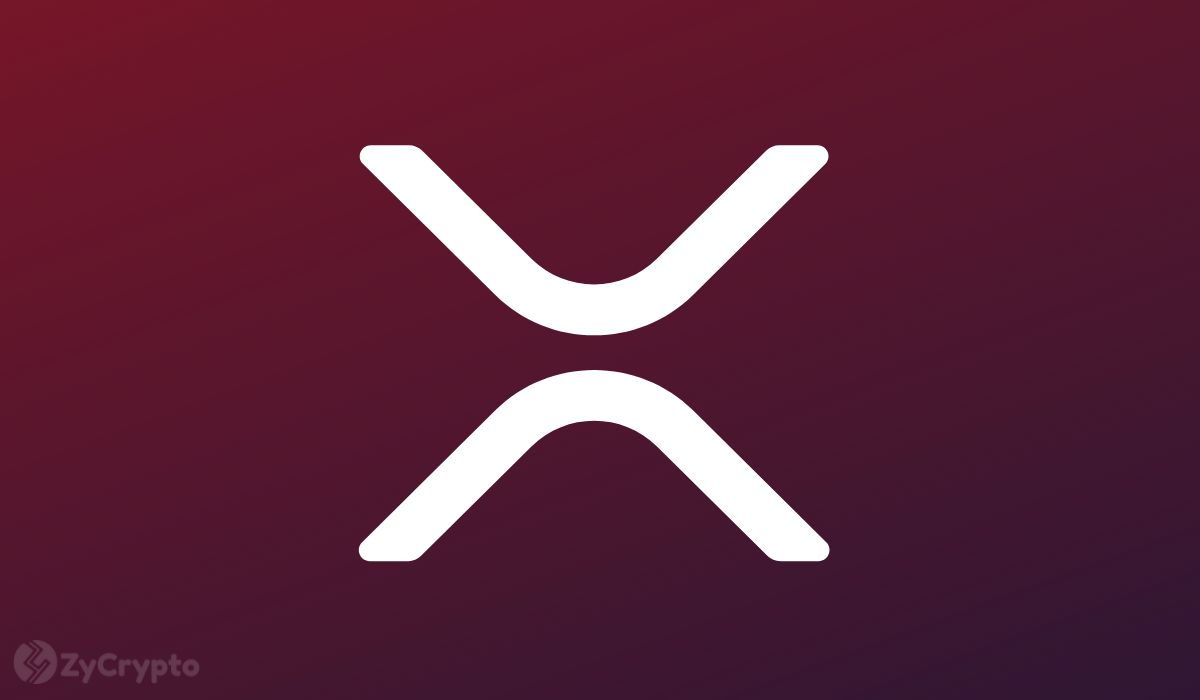
2023-1-24 17:59 |
The Howey test has been used by the Securities and Exchange Commission (SEC) to determine if assets are to be classified as securities since 1946, but it is not without its flaws.
SEC’s Commissioner Hester Pierce has concurred with the point of most digital asset executives for the greater part of the year concerning the shortcomings of the Howey test. According to her, the test does not address the true status of Bitcoin (BTC) and Ethereum (ETH) when scrutinized holistically.
She explained that the test works with anticipated profits from an “investment contract” dragging in digital assets because of the expected profits by users at the initial purchase of tokens with a promise by creators to “build a better network.”
Pierce argues that the investment contract should not be lumped together with the asset as they are meant to be exclusive though related.
“Just because I sold you the orange grove as part of an investment contract doesn’t turn the orange grove into a security,” Well, look, a lot of these initial sales sure look like securities offerings, but then the question is, is that token, is the crypto asset itself, a security?” she added.
For Pierce and many others, digital assets should not be lumped as securities in perpetuity but particular transactions singled out when they breach Security laws. Pointing to transactions rather than digital assets is imperative because Howey’s test alone is insufficient to place cryptocurrencies as securities.
SEC must find positive movementsFor the SEC to grasp the digital asset market, there must be a proper regulatory framework to guide crypto executives and users. In 2018, SEC’s director on Corporate Finance, William Hinman, stated that BTC and ETH cannot be classified as securities because they are “sufficiently decentralized.”
This benchmark has shifted with SEC’s chairman Gary Gensler hinting that ETH can be classified as a security after its Merge. Pierce believes that this back-and-forth created by the lacuna in Howey’s test has slowed positive movements by the Commission in the sector. She went further to criticize the overall lack of clarity surrounding several aspects of the industry hoping for a change of events in the future.
“The wheels of regulation and legislation move very slowly, and I think that can be both good and bad. In the crypto world, we’ve seen for a long time that there’s been a lack of clarity, which I think has led people to do things that they wouldn’t have done had there been clear guidelines.”
origin »Bitcoin price in Telegram @btc_price_every_hour
Crowdvilla Point (CROWD) на Currencies.ru
|
|
























